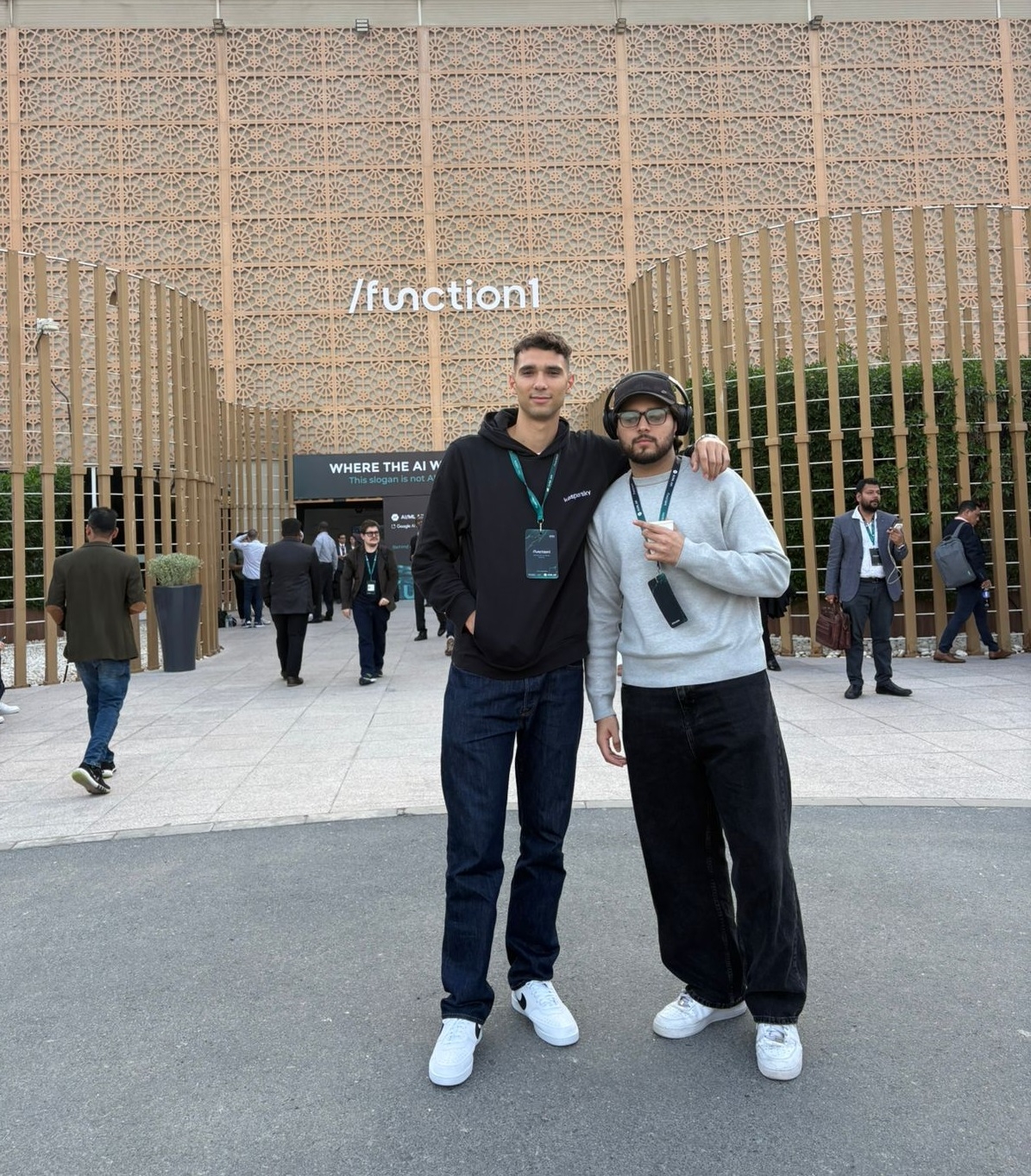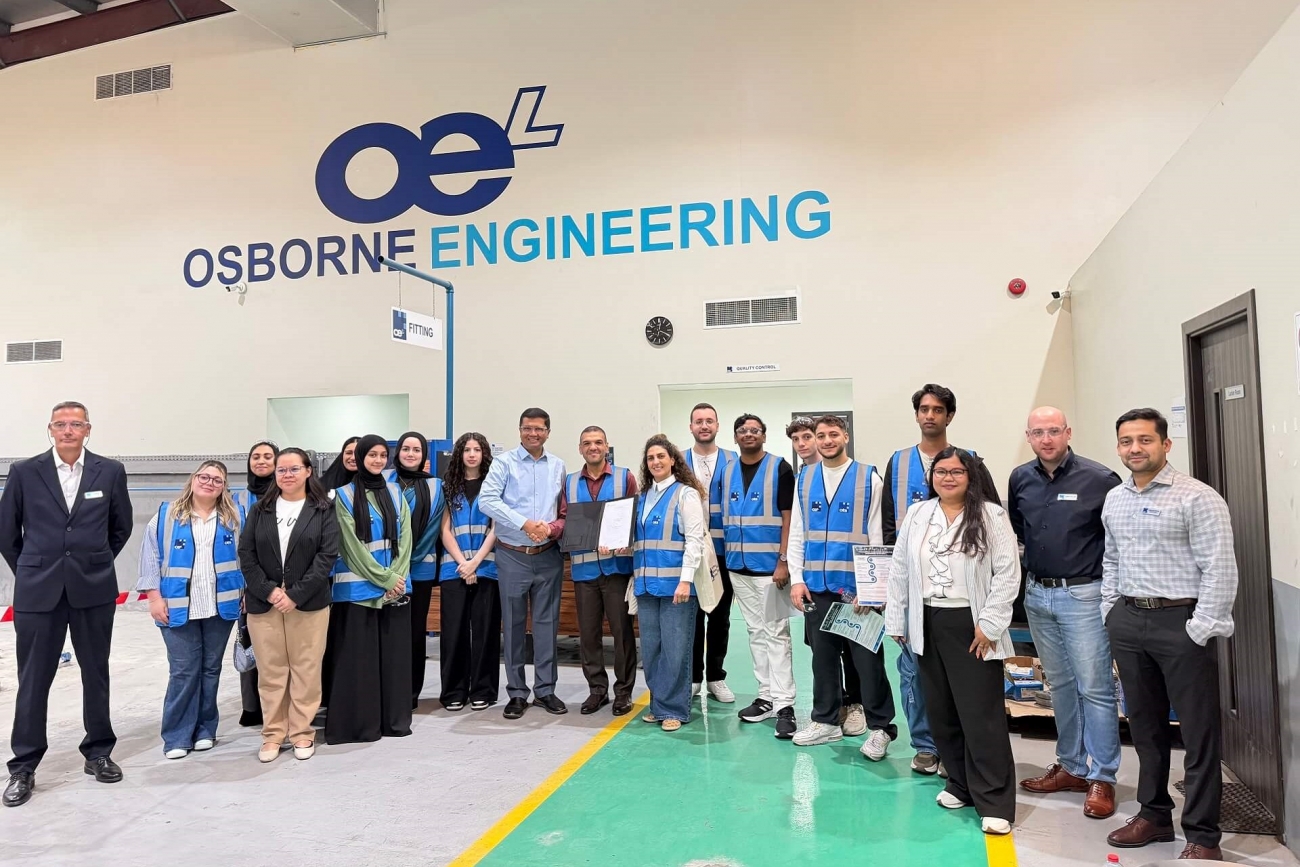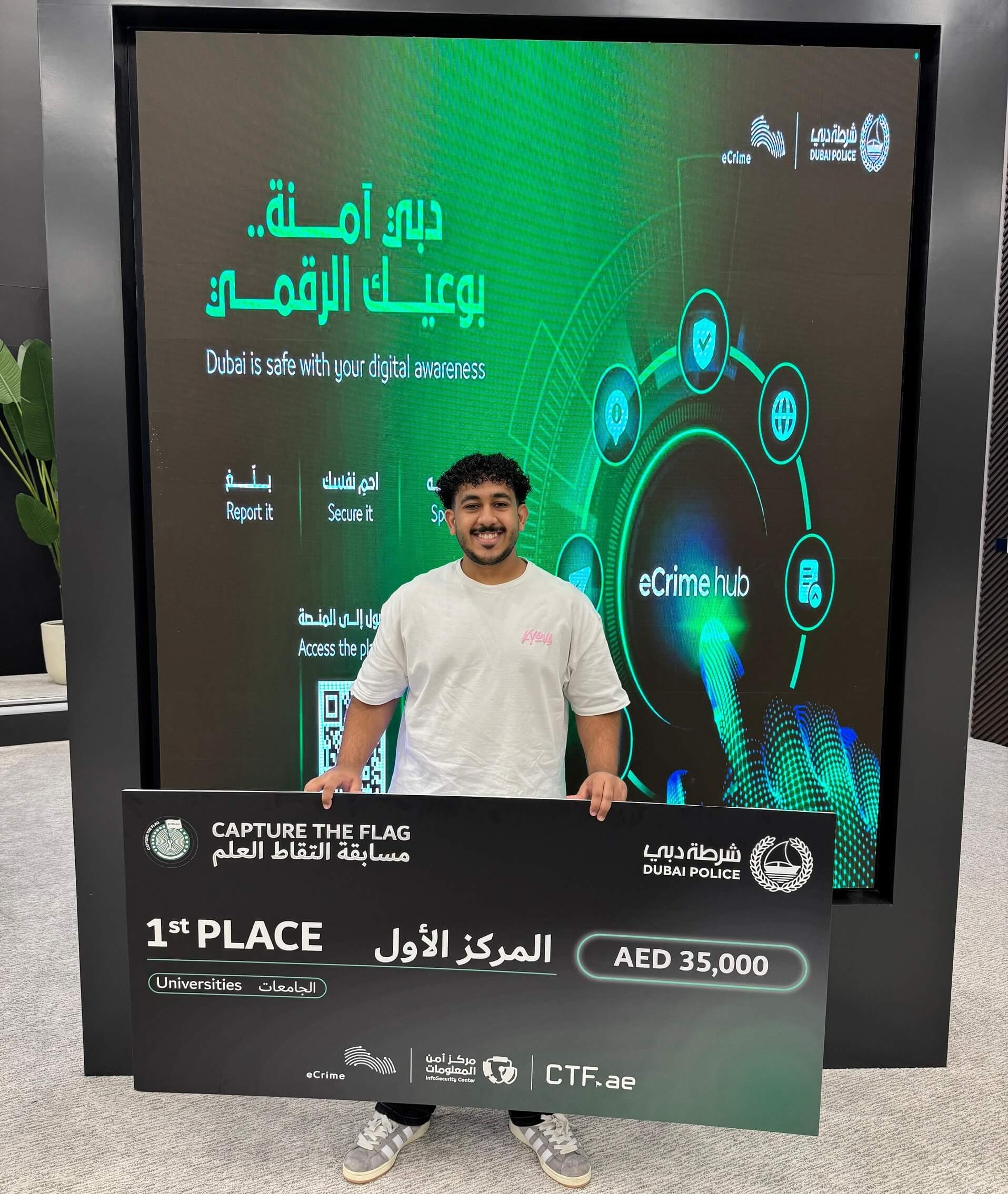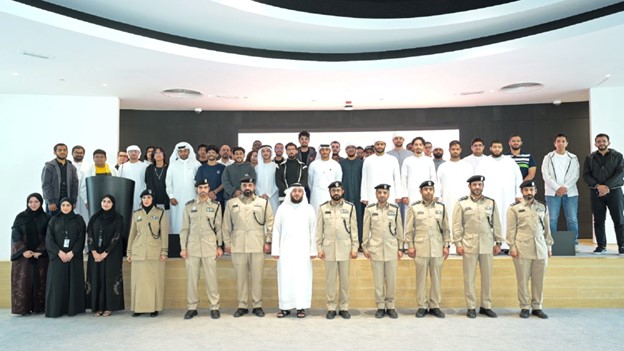Activities
At the Department of Computer Engineering and Computational Sciences (CECS), we believe that co-curricular activities are essential for our CUD students to build their portfolio. These activities go beyond academics, allowing students to showcase their skills and interests. By participating, students develop important life skills, gain practical experience, and demonstrate qualities like leadership and teamwork. Co-curricular activities also foster personal growth, expand perspectives, and create valuable networking opportunities. Engaging in these activities enhances a student's portfolio and equips students to meet the demands of the workforce.
Software Engineering Club
The main mission of our "Software Engineering" club at CUD is to support our students to master the skills required by the workforce and to develop a thorough understanding of the software engineering and management concepts via a real practical experience.
This will be achieved via focusing on the following:
- Monitor and coach our students to explore and to master the state-of-the-art software tools, programming languages, and design patterns and methodologies.
- Explore and practice new architecture paradigms such as machine learning, cloud programming and mobile application programming.
- Explore and practice the state-of-the-art development management processes such as Agile methodologies including Scrum and XP methodologies.
If you are interested, please contact the club mentor (Dr. Tamer Mohamed) at tamer.mohamed@cud.ac.ae
Cyber Security Club:
Join the Cyber Security Club for hands-on practice and workshops on top-notch security platforms. Our mission is to equip students with practical skills in cybersecurity. We participate in activities and exhibitions, fostering collaboration and networking opportunities. Join us to strengthen your cybersecurity knowledge and make a difference in securing our digital world. Ethical guidelines and responsible use of knowledge are emphasized.
If you are interested, please contact the club mentor (Dr. Gandeva Bayu Satrya) at gandevabs@cud.ac.ae

SEAST First-Year Students Win 2nd Place at AI Genesis Hackathon 2025
We are proud to announce that a team of first-year students from the School of Engineering, Applied Science and Technology (SEAST) at Canadian University Dubai (CUD) has secured 2nd place in the prestigious AI Genesis Hackathon 2025, held in conjunction with the /function1 AI Conference & Exhibition in Dubai. ( Read more )

SEAST Launches New Collaboration with Osborne Engineering, Strengthening Industry Connections
The School of Engineering, Applied Science and Technology (SEAST) has initiated a new collaboration with Osborne Engineering Company (OEL Group) in Dubai, supported by the Career Services Office and the Internship Coordinator. ( Read more )

CUD Cybersecurity Student Wins First Place in Dubai Police CTF 2025 Competition
Canadian University Dubai proudly celebrates the achievement of Ibrahim Ahmed, a senior student in the Bachelor of Science in Cybersecurity program and President of the CUD Cybersecurity Students Club, who secured 1st place in the Dubai Police Capture the Flag (CTF) 2025 competition – University Track. ( Read more )

Empowering Future Engineers through AI and Robotics: Hands-on Robbo Car Workshop at Besomi Academy
In an era defined by rapid technological advancement, early exposure to artificial intelligence, robotics, and embedded systems is not just beneficial, it's essential. ( Read more )

CUD Mechatronics Team Wins Third Place at the IEEE 18th UAE Student Day
A team of three students from the BSc in Electrical Engineering—Mechatronics program at Canadian University Dubai (CUD) secured third place at the Institute of Electrical and Electronics Engineers (IEEE) 18th UAE Student Day competition recently held in Abu Dhabi. ( Read more )

Sharjah Police honours "Capture the Flag" winners
Under the mentorship of Dr. Tamer Mohamed and Mr Ahmed Seyam, Ibrahim Adel a 3rd-year cybersecurity student at CUD: Won first place in the Sharjah Police Capture the Flag (CTF) Cybersecurity Competition, showcasing CUD’s excellence in cybersecurity education. ( Read more )

CUD 1st Coding Competition
This is an internal programming contest mainly targeted computer science students (CECS). The competition consisted of multiple different teams that worked together to solve various sets of programming problems. The ICPC (International Collegiate Programming Contest) prestigious competition platform was adopted for this competition.

Annual Engineering Projects Showcase & Poster Competition
This is the engineering annual showcase where our students present their course projects. This year's theme focused on sustainability and green energy. Over 20 projects were showcased, including those utilizing Arduino micro-controllers and mobile applications. The winners of the poster competition have been announced, recognizing outstanding teams.

Game and Virtual World Development in Unity
This workshop was Powered by Corporate Training & Lifelong Learning Departement and the Software Engineering Club. In this workshop, Senior game developer Ivo van der Marel dived into the world of Game Development and Interactive Virtual World Development. By explaining the “game” development process and roles, he covered core concepts of how interactive virtual worlds are made. He zoomed into the industry standard Unity Engine, and explained how it fits in the bigger picture.

Flutter Mobile Application Framework Workshop
Over the course of two months, we conducted a series of weekly training sessions aimed at equipping our students with the skills to utilize the Flutter mobile app development framework. This comprehensive workshop attracted over 100 students who were eager to enhance their knowledge in modern mobile application development. Through these sessions, our students gained hands-on experience and practical knowledge in utilizing Flutter to create innovative and cutting-edge mobile applications. By the end of the workshop, our students successfully demonstrated their newfound expertise in developing modern mobile application projects, showcasing their ability to apply the Flatter framework effectively.